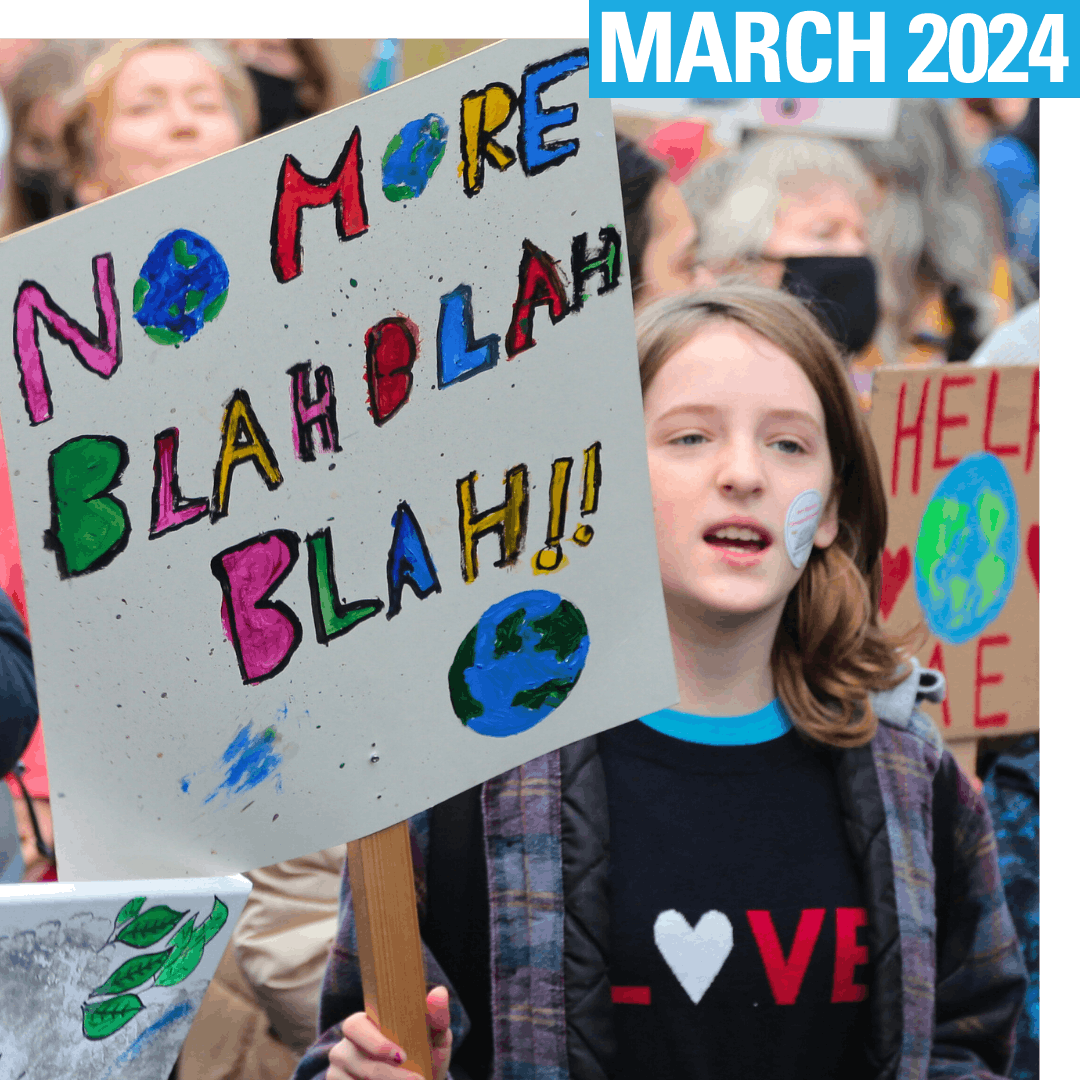
UNI591016
Submissions
Home
Submissions
UNICEF Aotearoa’s submissions, responses, and open letters
Everyone can have their say in shaping laws and policy in Aotearoa. One way this is made possible is through submissions. This system of public input into government proposals is an important part of democracy in Aotearoa.
UNICEF Aotearoa regularly make submissions on government proposals to highlight the impacts for children’s rights. We advocate for changes that ensure the best possible outcomes for our kids and bring their voices to the forefront.
UNICEF Aotearoa opposes the Treaty Principles Bill
By weaving tamariki as taonga throughout our submission, we oppose the Treaty Principles Bill because it puts the realisation of children’s rights at risk. We urge the Government to abandon the bill to protect tamariki as taonga.
Take a look at our submission to see our recommendations. You can also watch UNICEF Aotearoa's Director of Advocacy and Programmes, Teresa Tepania-Ashton, give our oral submission here.
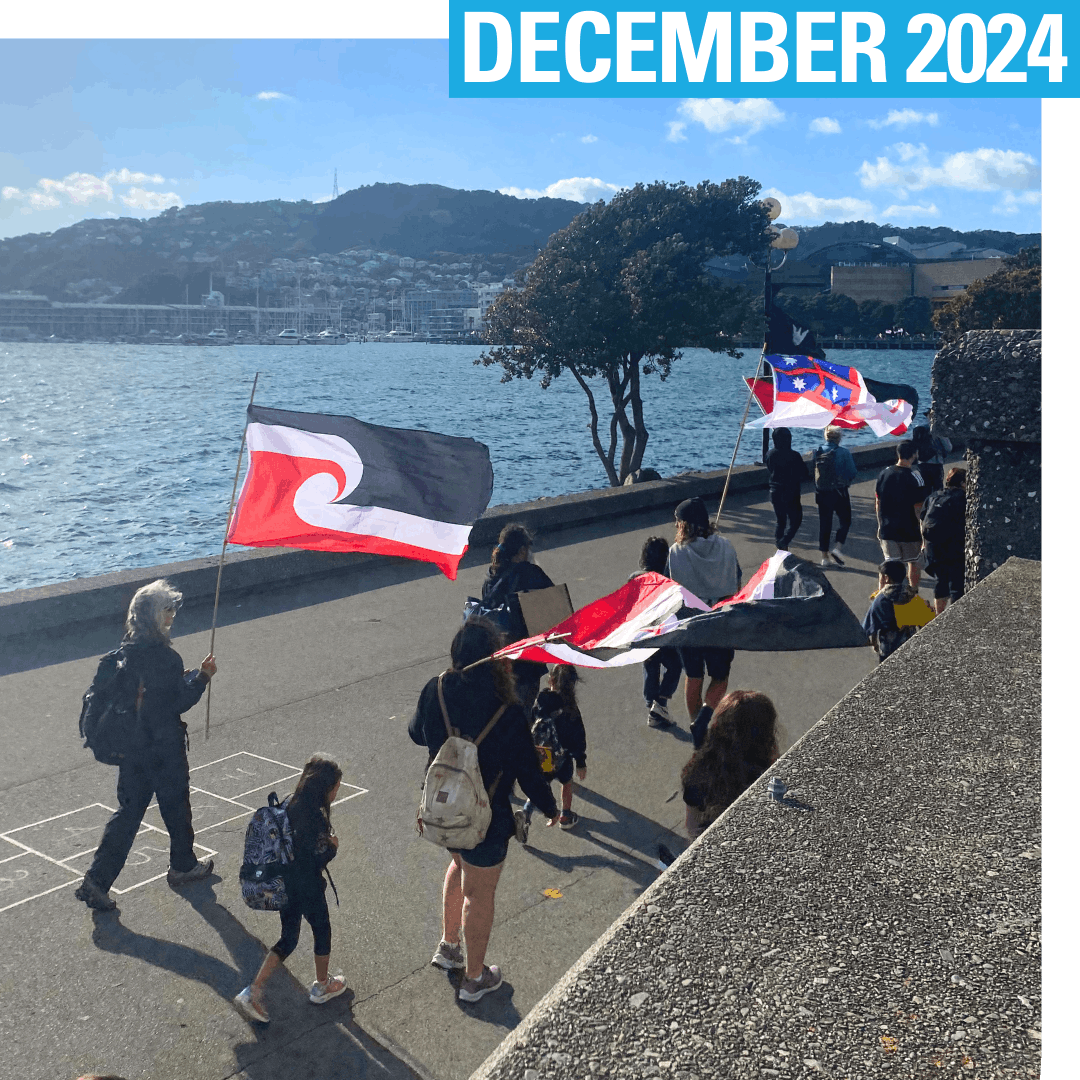
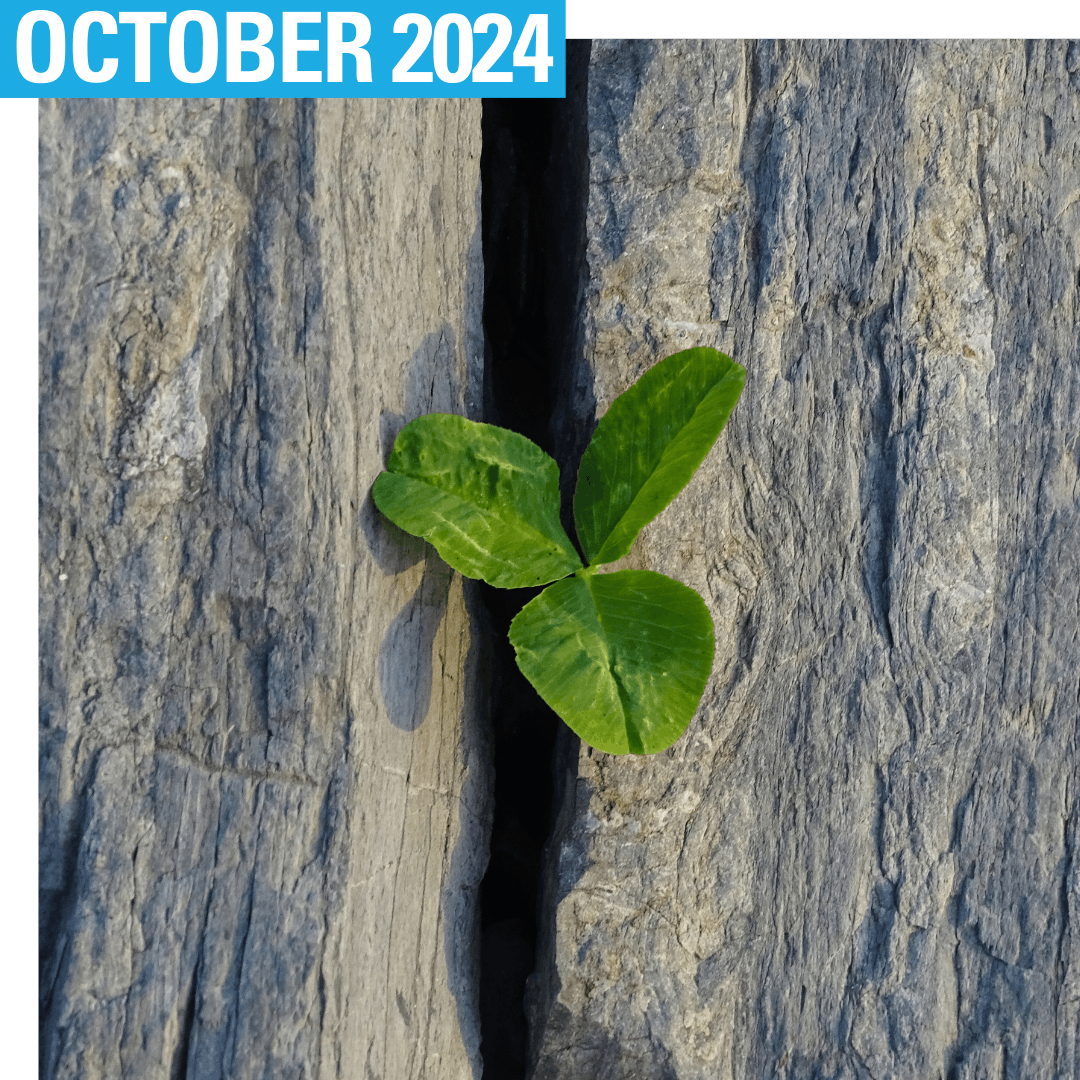
Suicide Prevention Action Plan
Our submission on the draft Suicide Prevention Action Plan for 2025-2029 "Suicide prevention is everyone's business" recommended that Manatū Hauora:
- Include children and young people throughout the development of policies and plans that affect them
- Ensure programmes are based on evidence, are equitable and have Te Tiriti o Waitangi embedded
- Embed a prevention and whole-of-society approach to suicide prevention, including by addressing key factors that influence mental health, like living in poverty.
Education and Training Act
Section 127 of the Education and Training Act 2020 provides direction for school boards, including what they should prioritise. Our submission to the Ministry of Education recommends that section 127 should:
- Keep reference to the NZ Bill of Rights Act and the Human Rights Act, and include the UN Convention on the Rights of the Child
- Keep all four existing objectives for school boards so that children can reach their fullest potential in all aspects of their educational and developmental journey, including a specific Te Tiriti o Waitangi objective
- Encourage school boards to localise their learning programmes according to what their communities need.
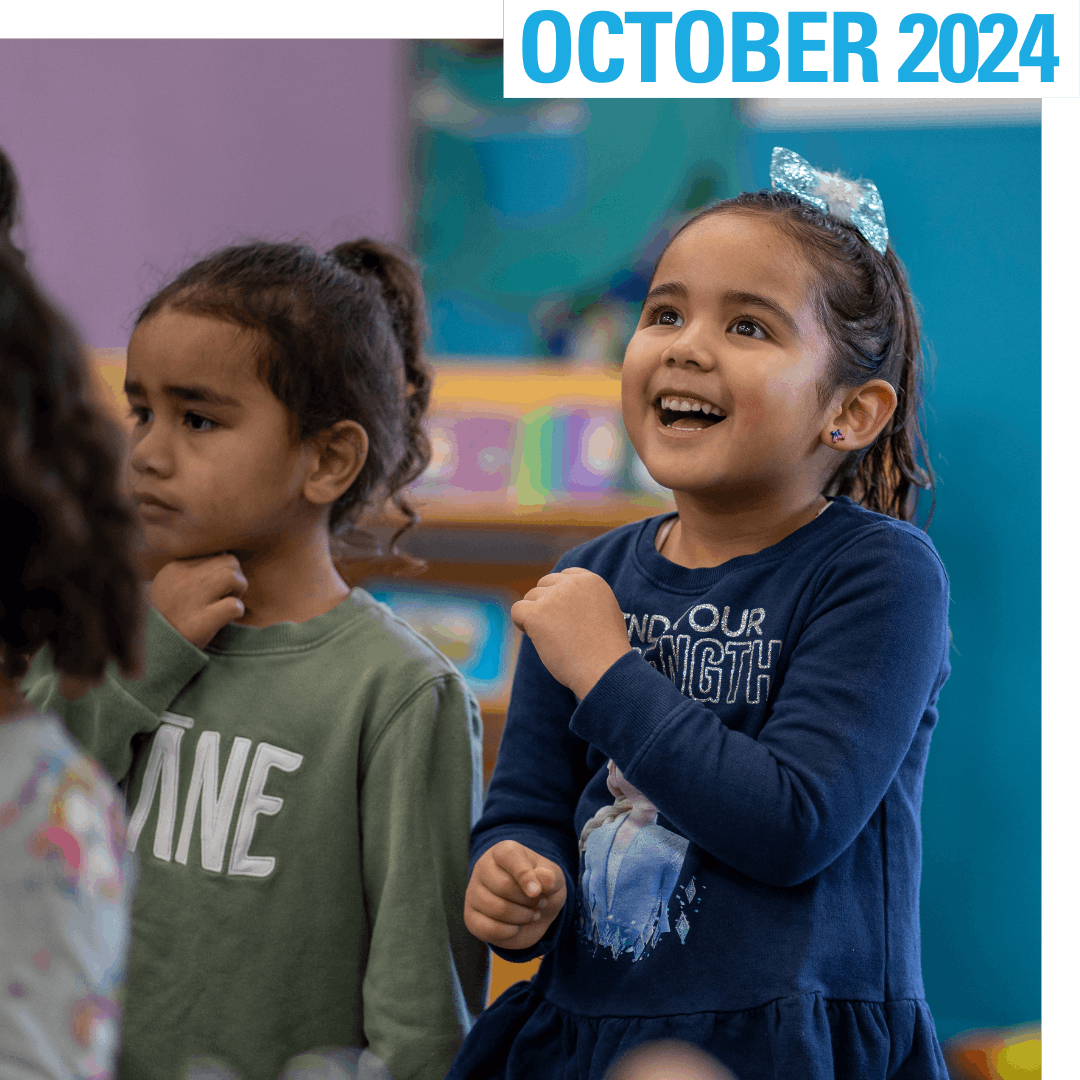
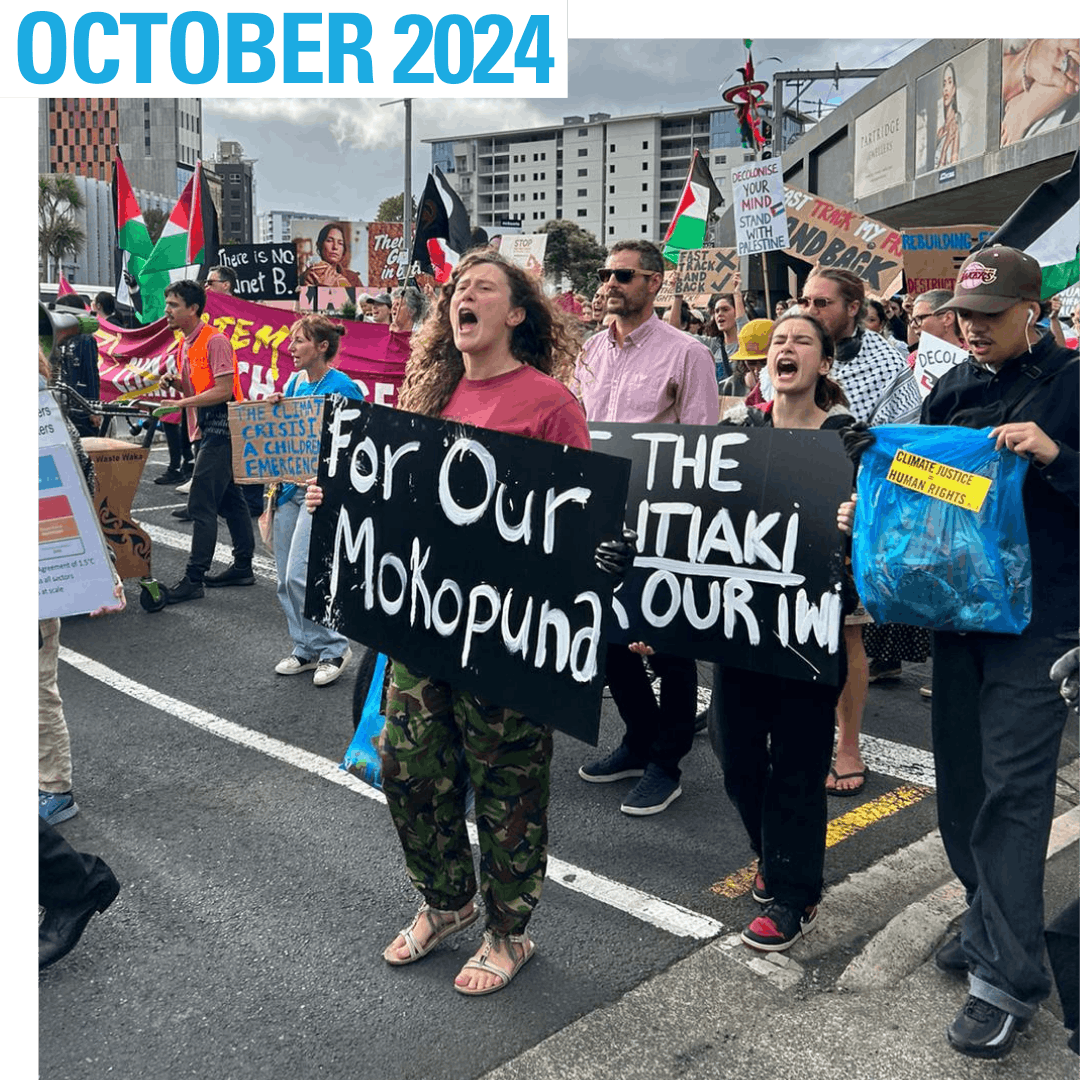
Crown Minerals Amendment Bill
Our submission on the Crown Minerals Amendment Bill opposes the intention to reverse the ban on oil and gas exploration as this puts the realisation of children’s rights at risk. We recommended that the Government:
- Ensure the realisation of children’s and future generations’ right to a liveable planet
- Extend the submission period to a minimum of four weeks on the Bill to uphold children’s right to be heard in decision-making that affects them
- Withdraw the Crown Minerals Amendment Bill to prevent oil and gas exploration, protect children’s rights and ensure they have a climate-safe future
- Use and embed the child impact assessment tool across government policy and decision-making
- Ensure domestic policy upholds international commitments to keep warming to 1.5 degrees for the wellbeing of children and future generations.
Submission to Statistics NZ
Our submission to Statistics NZ on their proposed topic for their long-term insights briefing supported the proposal to look at the future of environmental and economic measurement by looking at the future of eco-nomics. We encouraged them to:
- Consider children, young people and future generations in the development of their topic
- Explore the economic and social cost for children and future generations of not addressing climate change and not investing in child development
- Refer back to the recommendations from the UN Committee on the Rights of the Child’s recommendations on data collection
- Ensure they engage with and include children and young people in the development of the briefing.
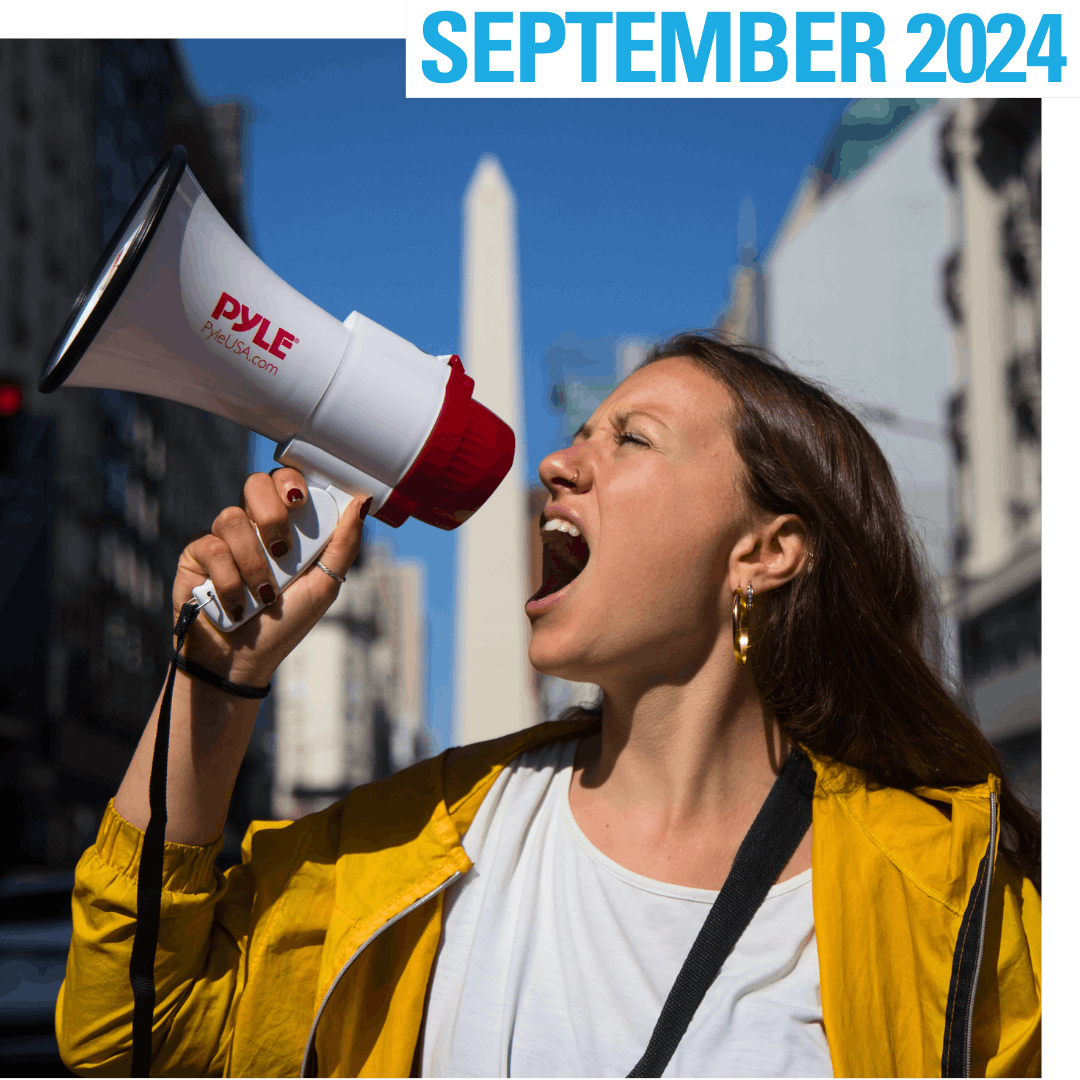
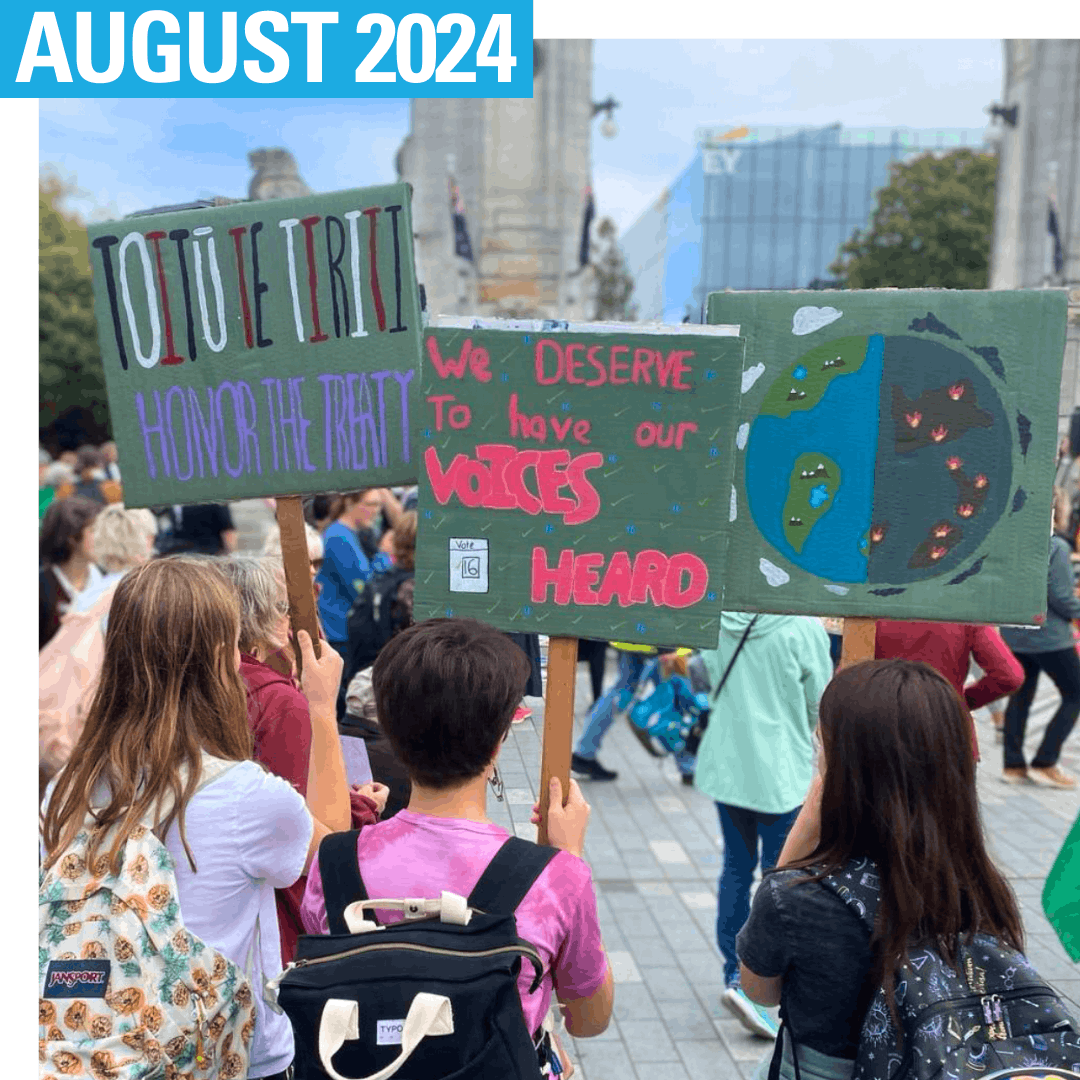
Second Emissions Reduction Plan (ERP2)
Our submission on the discussion document Tā Aotearoa mahere whakaheke tukunga tuarua, on the Second Emissions Reduction Plan (ERP2) urged the government to include children and young people’s voices in the development of climate policy:
- To specifically consider the impact of emissions reduction on children, including tamariki Māori and embed children’s impact assessments as part of climate policy development
- To consider children and future generations within the distributional impacts of emissions reductions policies, with a focus on children living in poverty, ensuring Te Tiriti o Waitangi obligations and inclusion of intergenerational equity.
It also highlights concerns over the number of policies that had been discontinued from the Emissions Reduction Plan (ERP1), particularly those focussed on equity, and recommended that those policies be reinstated.
Climate Adaptation
Our additional submission (on a previous submission in October 2023) for the Inquiry into Climate Adaptation emphasises the critical need to prioritise children's rights within New Zealand's climate policies. Building on our previous submission, we advocate for:
- A Tiriti-based approach, ensuring intergenerational equity and the systematic inclusion of children and young people in decision-making processes
- Climate policies to reflect the latest international recommendations, particularly in safeguarding the rights of children
- Engaging diverse communities, including marginalised groups, to ensure all young voices are heard and represented throughout the climate adaptation process.
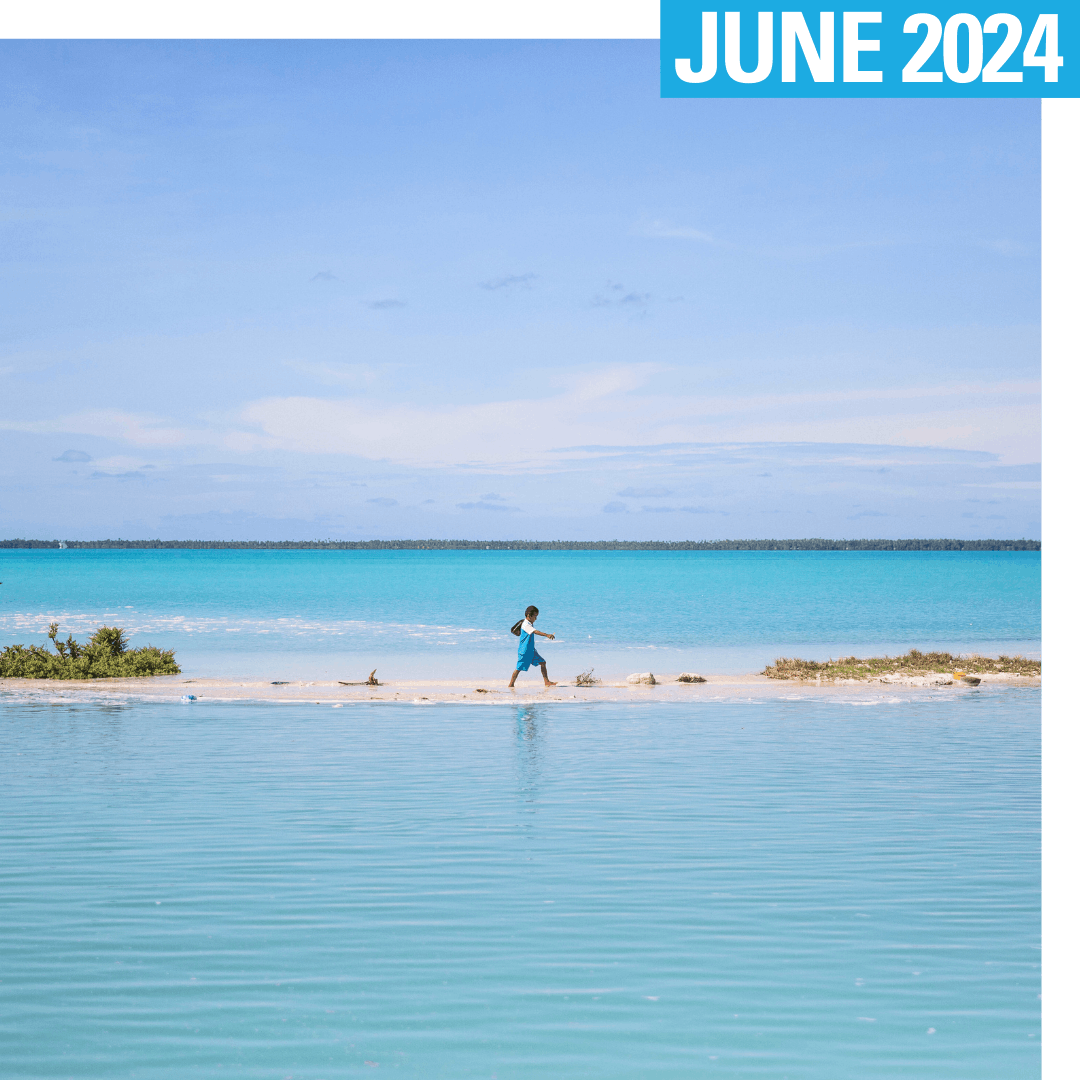
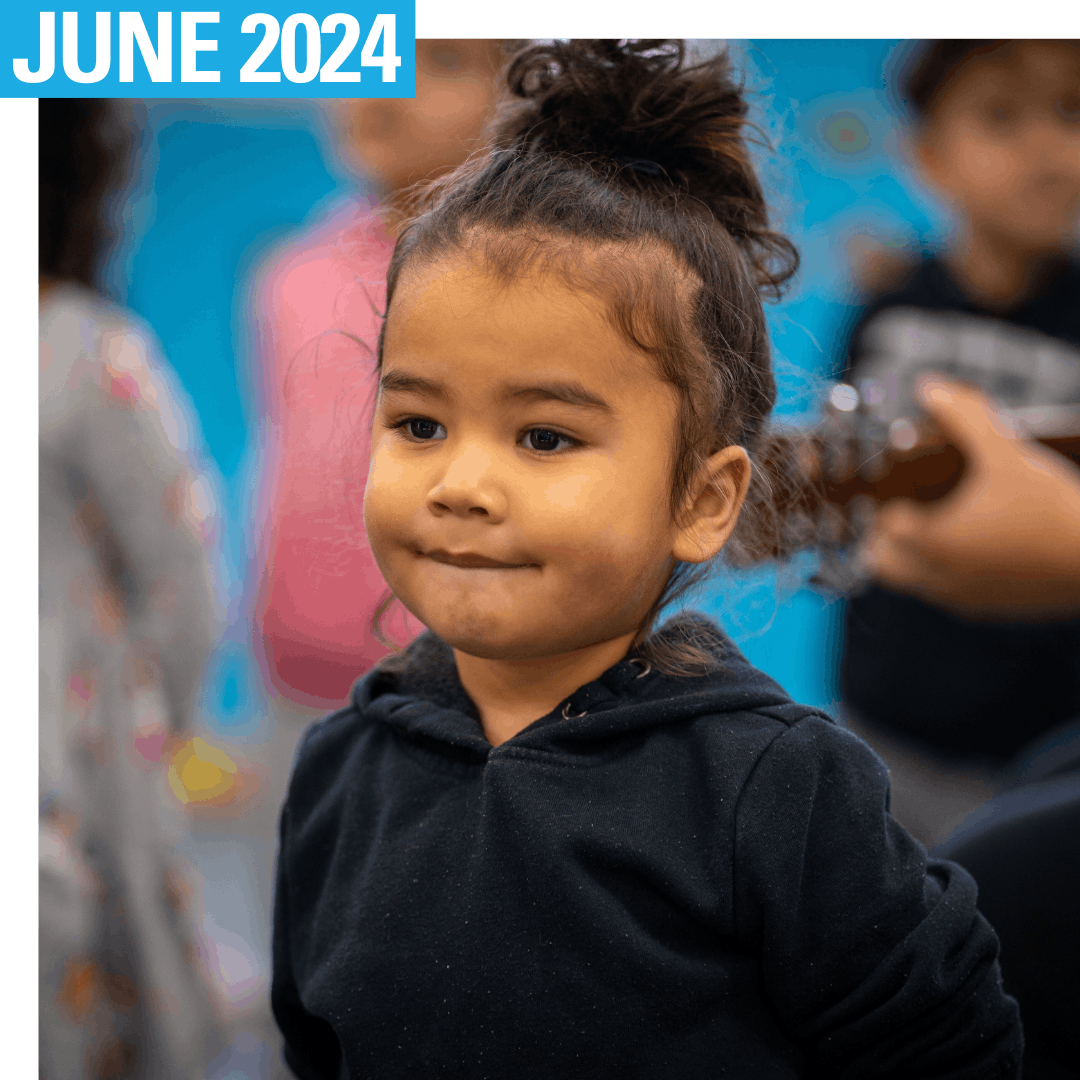
submission on section 7AA
UNICEF Aotearoa joined organisations across the child rights sector to oppose the removal of Section 7AA of the Oranga Tamariki Act. In this joint submission, we state that:
- The long-term, historical effects of colonisation undermine children’s right to non-discrimination, development and identity as outlined in the UN Convention on the Rights of the Child
- Section 7AA reinforces Crown accountability to Te Tiriti o Waitangi, actively addressing institutional racism and promoting the best interests and wellbeing of tamariki Māori
- The removal of Section 7AA would be a significant step backwards for indigenous rights
- We are concerned that care-experienced children have not been consulted or listened to in the development of this Bill.
Budget Policy Statement 2024
Our submission on the Budget Policy Statement 2024, emphasises the importance of including children in decision-making processes and allocating resources to ensure their well-being.
It highlights concerns about:
- Child poverty statistics
- The need for funding in areas like healthy school lunches and vaccinations
- The impact of climate change on children
- The significance of funding research for evidence-based policymaking and increasing Official Development Assistance to address global crises affecting children.
A child-inclusive approach is needed to uphold children's rights and improve their immediate and long-term well-being, both domestically and internationally.
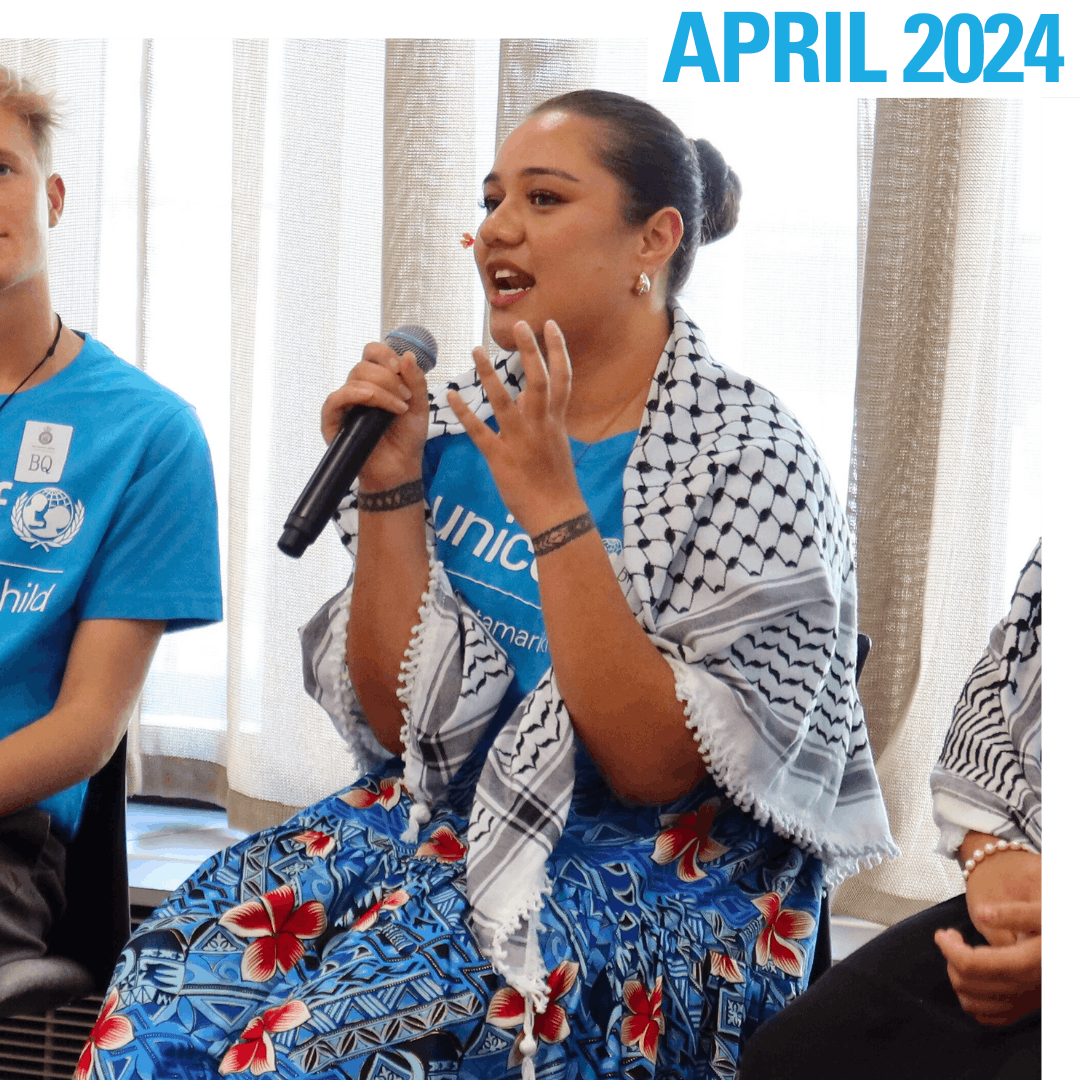
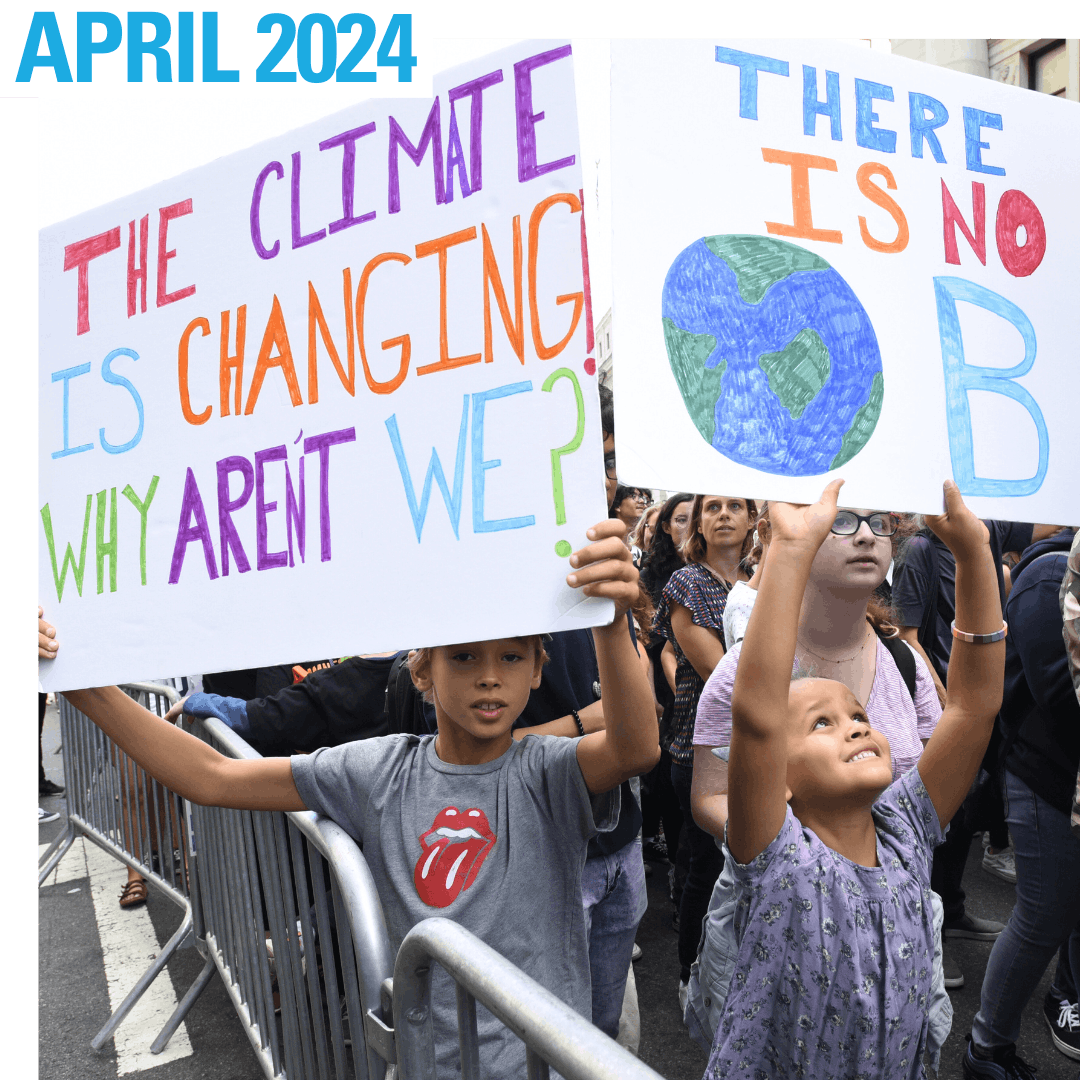
New Zealand Bill of Rights
This open letter by Lawyers for Climate action and signed by UNICEF Aotearoa supports the New Zealand Bill of Rights (Right to Sustainable Environment) Amendment Bill. It urges government officials to advance the Bill to the Select Committee stage. The letter:
- Emphasises the crucial link between a clean, healthy environment and the protection of human rights
- Highlights the need to address climate change, biodiversity loss, and pollution
- Advocates for embedding the right to a sustainable environment in New Zealand's legal framework to ensure the fundamental rights and freedoms of all individuals, including children, are upheld.
It's not possible to exercise ALL human rights without having a safe and habitable environment to exercise them.
He Pou a Rangi
Climate Change Commission
In May 2024, He Pou a Rangi Climate Change Commission called for submissions on three key documents:
- A review of the 2050 emissions reduction target;
- Advice for the fourth emissions budget period (2036–2040); and
- Whether emissions from international shipping and aviation should be included in the
emissions reduction target.
UNICEF Aotearoa's submission highlighted children's rights and the impact of climate change on them and future generations, as well as the importance of children and young people having their say in climate decision-making.
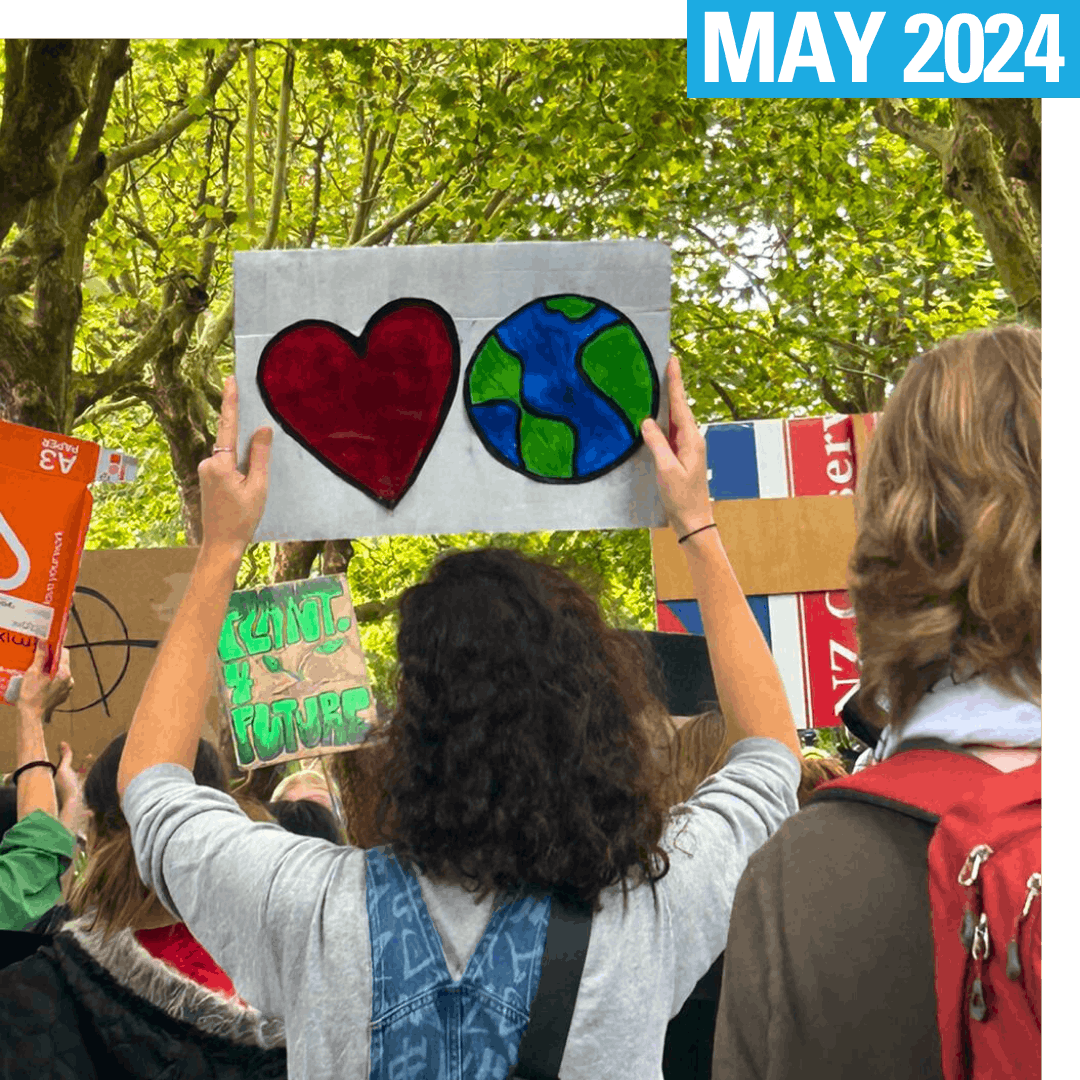
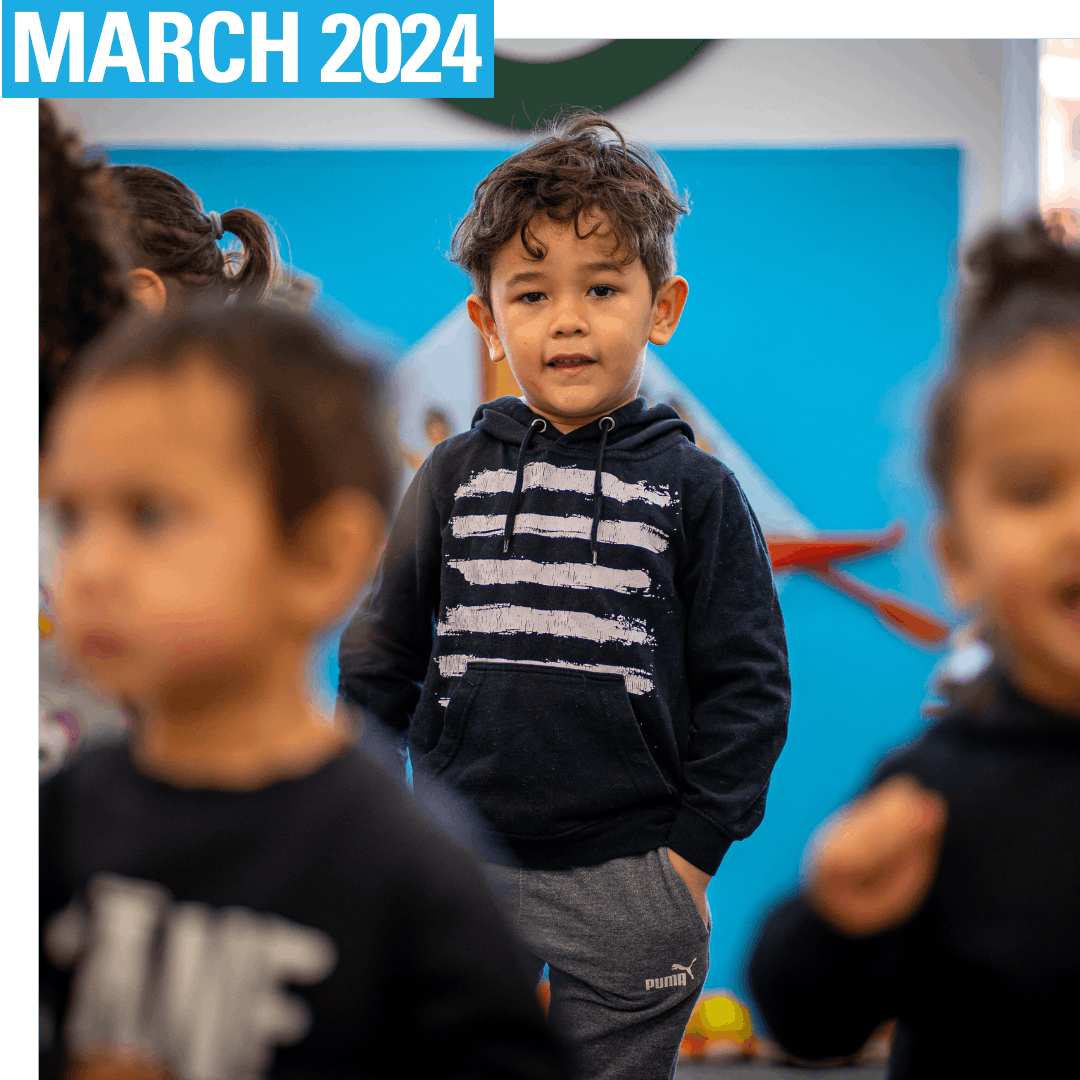
Health Committee on Pae Ora
Our submission to the Health Committee on the Pae Ora (Healthy Futures) (Improving Mental Health Outcomes) Amendment Bill, underscores the critical importance of prioritising mental health outcomes for children and young people in Aotearoa. The submission advocates for:
- The implementation of a targeted Mental Health and Wellbeing Strategy specifically addressing the diverse needs of young populations
- Comprehensive and accessible consultation processes for children and young people to contribute to the strategy
- Targeting services towards priority populations including marginalised groups
- Acknowledging the mental health impacts of climate change on youth
- A holistic and inclusive approach to mental health that addresses the unique challenges faced by children and young people in Aotearoa.
Policy Statement on land transport
Our response to the Draft Government Policy Statement on land transport 2024 consultation, expresses concerns about:
- The Policy Statement not being aligned with the first Emissions Reduction Plan (ERP1)
- The removal of climate change as a strategic priority
In this letter we advocate for:
- Children and young people to be prioritised and consulted in decision making
- Policies that prioritise emissions reduction and the well-being of children and young people.
